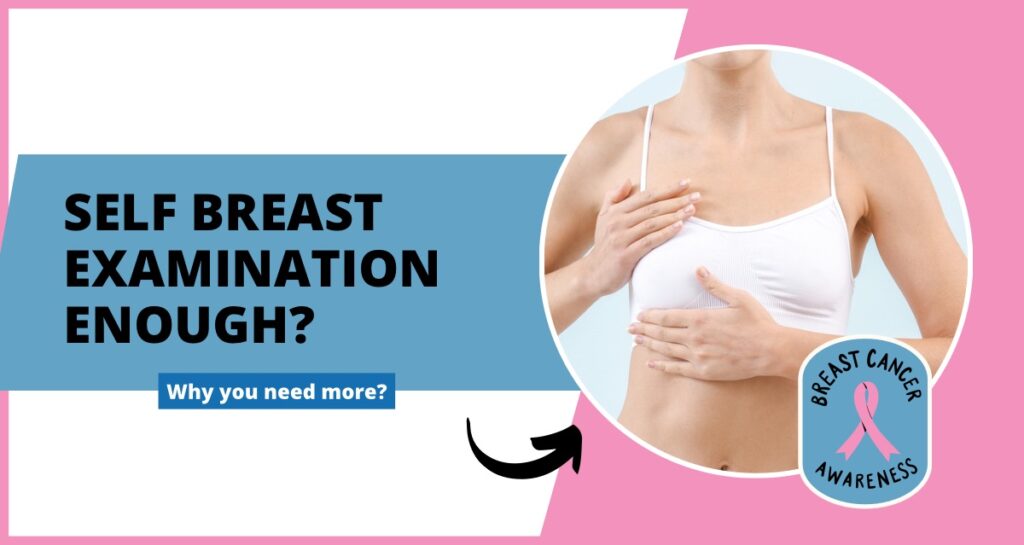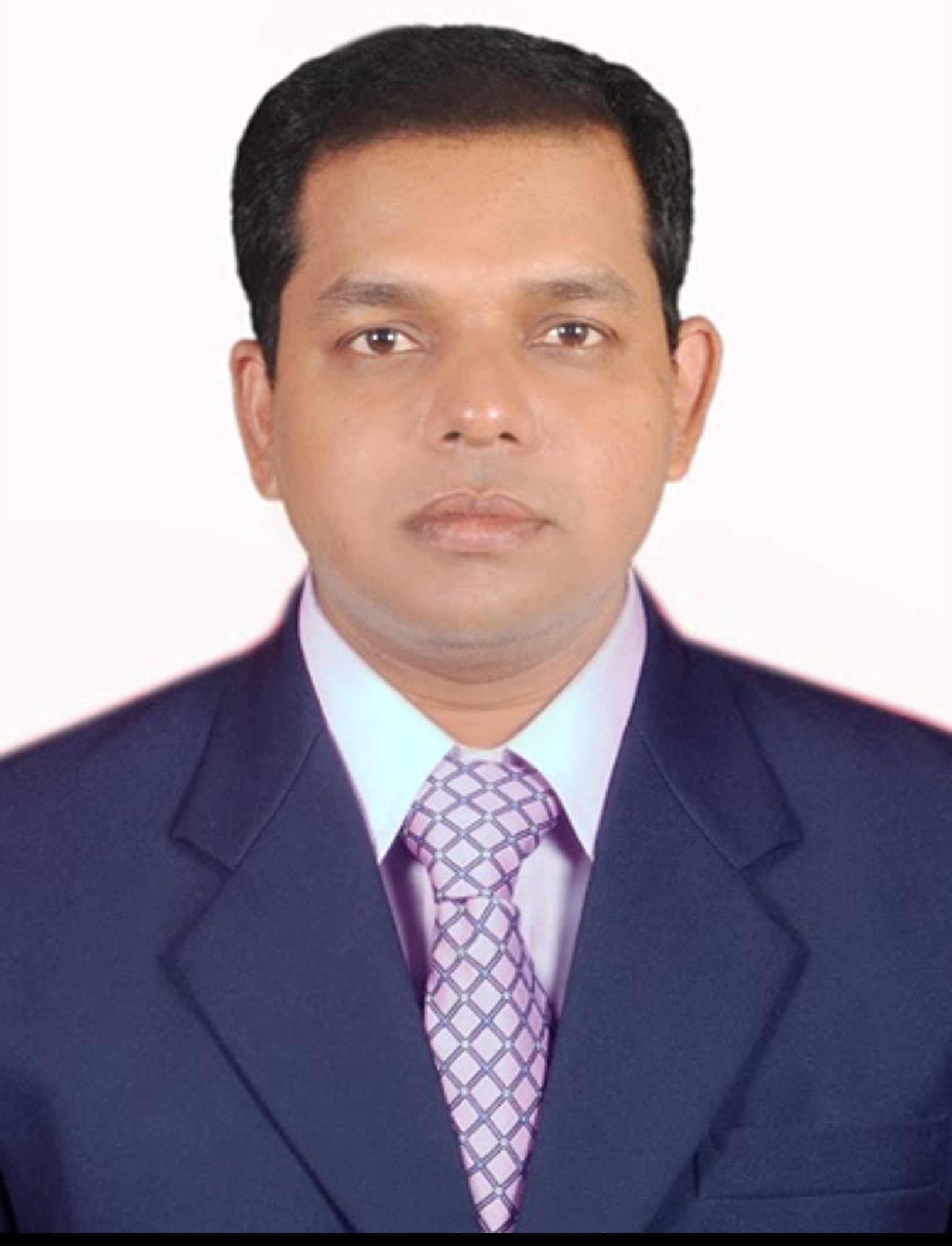Introduction:
Breast tumors continue to be a really major public health worry worldwide, with finding it early is crucial for bettering outcomes. While doing the self breasts examination on yourself is often recommended for early detection, its limits require expert advice for the right diagnosis and management. In this blog post, we will delve into why self-examination falls short and why it’s important to go to experts for medical advice, using insights from various scientific studies and journals.
Limitations of Self-Examination:
- Limited Sensitivity: It seems that self-examination isn’t very sensitive. Research shows that it doesn’t catch many small, hard-to-feel bumps. A study in the Journal of the National Cancer Institute showed that self-examination alone found only a few breast cancers, and many tumors were missed until they got really big and advanced (Reference: Duffy et al., J Natl Cancer Inst. 2002 Jan 2;94(1):1445-57).
- Inconsistent Technique: Apparently, people don’t really do self-examination the same way every time. Studies say they sometimes do it wrong, which results in missing problems or having false alarms. A review in the Cochrane Database of Systematic Reviews said self-examination might increase breast cancer findings, but it doesn’t always work because people do it differently. (Reference: Thomas & Gao, Cochrane Database Syst Rev. 2016 Aug 9;8:CD003373).
- Psychological Factors: It looks like emotions, like being scared or worried, can affect how often and how good someone does self-examination. A study in Psycho-Oncology said that all that anxiety can make someone avoid doing the exam or get really upset, making it less useful as a way to find cancer early (Reference: Lerman et al., Psychooncology. 1991;1(1):55-62).
- False Reassurance: If you don’t find anything, you might feel too good and not go to the doctor when you should. Researchers in JAMA Internal Medicine found that women who only did self-examination waited longer before going to the doctor for breast problems compared to those who had regular medical checks (Reference: Schwartz et al., JAMA Intern Med. 2015 Jul;175(7):1226-32).
The Role of Expert Consultation:
- Clinical Examination: People who are experienced at this stuff do a more thorough job. They can find little problems that regular self-exams might miss. A study in JAMA Oncology showed that expert check-ups increased early detection rates more than sticking to self-examination alone (Reference: Saslow et al., JAMA Oncol. 2016 May 1;2(5):611-3).
- Advanced Imaging: Advanced imaging like Ultrasound, Mammograms and MRI taken by machines help look inside and give lots of details about what’s going wrong with the breasts. New techniques have made this even better for finding problems early (References: American Cancer Society. Breast Cancer Facts & Figures 2021-2022; Oeffinger et al., JAMA. 2015 Oct 20;314(15):1599-614).
- Multidisciplinary Collaboration: Many different experts work together to make sure people with breast cancer get the best care. A study in The Lancet Oncology said this way helps people live longer and stick to their treatment better compared to just one doctor taking care of things (Reference: Taylor et al., Lancet Oncol. 2015 Oct;16(13):1309-18).
Conclusion:
In conclusion, while self-examination for breast cancer is a valuable preliminary tool, it has significant limitations. For reliable detection and management, expert consultations and advanced diagnostic techniques are essential. Seeking professional advice not only ensures thorough clinical examinations but also benefits from cutting-edge imaging and a multidisciplinary approach, greatly enhancing the likelihood of early detection and effective treatment.
References:
- Duffy et al., J Natl Cancer Inst. 2002 Jan 2;94(1):1445-57.
- Thomas & Gao, Cochrane Database Syst Rev. 2016 Aug 9;8:CD003373.
- Lerman et al., Psychooncology. 1991;1(1):55-62.
- Schwartz et al., JAMA Intern Med. 2015 Jul;175(7):1226-32.
- Saslow et al., JAMA Oncol. 2016 May 1;2(5):611-3.
- American Cancer Society. Breast Cancer Facts & Figures 2021-2022.
- Oeffinger et al., JAMA. 2015 Oct 20;314(15):1599-614.
- Taylor et al., Lancet Oncol. 2015 Oct;16(13):1309-18.
(Disclaimer: The views expressed in this article are solely those of the author and not necessarily endorsed by Malioon.)




